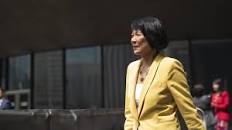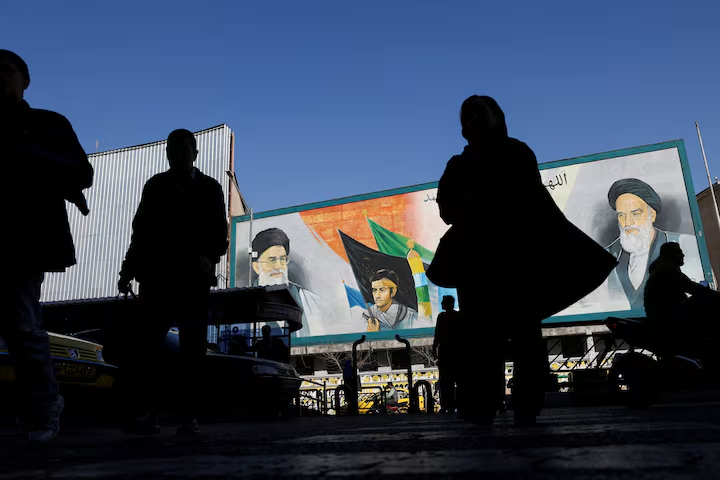
Transit advocates urged Mayor Olivia Chow to back a commercial parking levy as a way to help fund a struggling Toronto Transit Commission, as the city’s executive committee held a special meeting to discuss long-term budget woes.
Vincent Puhakka with the TTC Riders advocacy group says a levy on non-residential parking spaces could help reverse “devastating” TTC service cuts, bringing in up to an estimated $490 million in new annual revenue.
Several business interest groups have come out against the levy, arguing it will hurt brick-and-mortar shops at a time when they are already struggling with a post-pandemic recovery and competition with online retailers.
Michael Brooks, CEO of the Real Property Association of Canada, says while the group opposes the levy, it would work with the city to push the province to approve a municipal sales tax, which could generate as much as an estimated $800 million annually.
The city’s executive committee is meeting for the first time under Chow to talk through a major report outlining Toronto’s budgetary outlook, which details a combined $46.5 billion in operating and capital pressures over the next decade.
In a bid to tackle Toronto’s daunting financial forecast, the report from the city manager and interim chief financial officer considers several new revenue measures, including a progressive surtax on the luxury homes and hiking the vacant home tax from one to three per cent.
The report also recommends asking the province to permit the city to bring in a new municipal sales tax applied to the purchase of goods and services in Toronto.
But Chow, who campaigned on those tax reforms, has said the city needs serious help from other levels of government given the new measures would only cover an estimated 40 per cent of the city’s shortfall.
“It’s time for other orders of government to join us to build the kind of city we all deserve,” said Chow.
Chow said Toronto operates 10 long-term care facilities even though health services are a provincial and federal responsibility, and the city is housing increasing numbers of asylum seekers, even though immigration is a federal responsibility.
Chow said they also want to ask for a new municipal sales tax and re-negotiate fair contributions to critical services like transit, housing and shelter.
Budget Chief Shelley Carroll expanded on the idea of a municipal sales tax, alluding to a one per cent tax based on how much a resident spends.
The executive committee is made up of Chow’s four deputy mayors, four of her appointed committee chairs and two at-large members of council.





